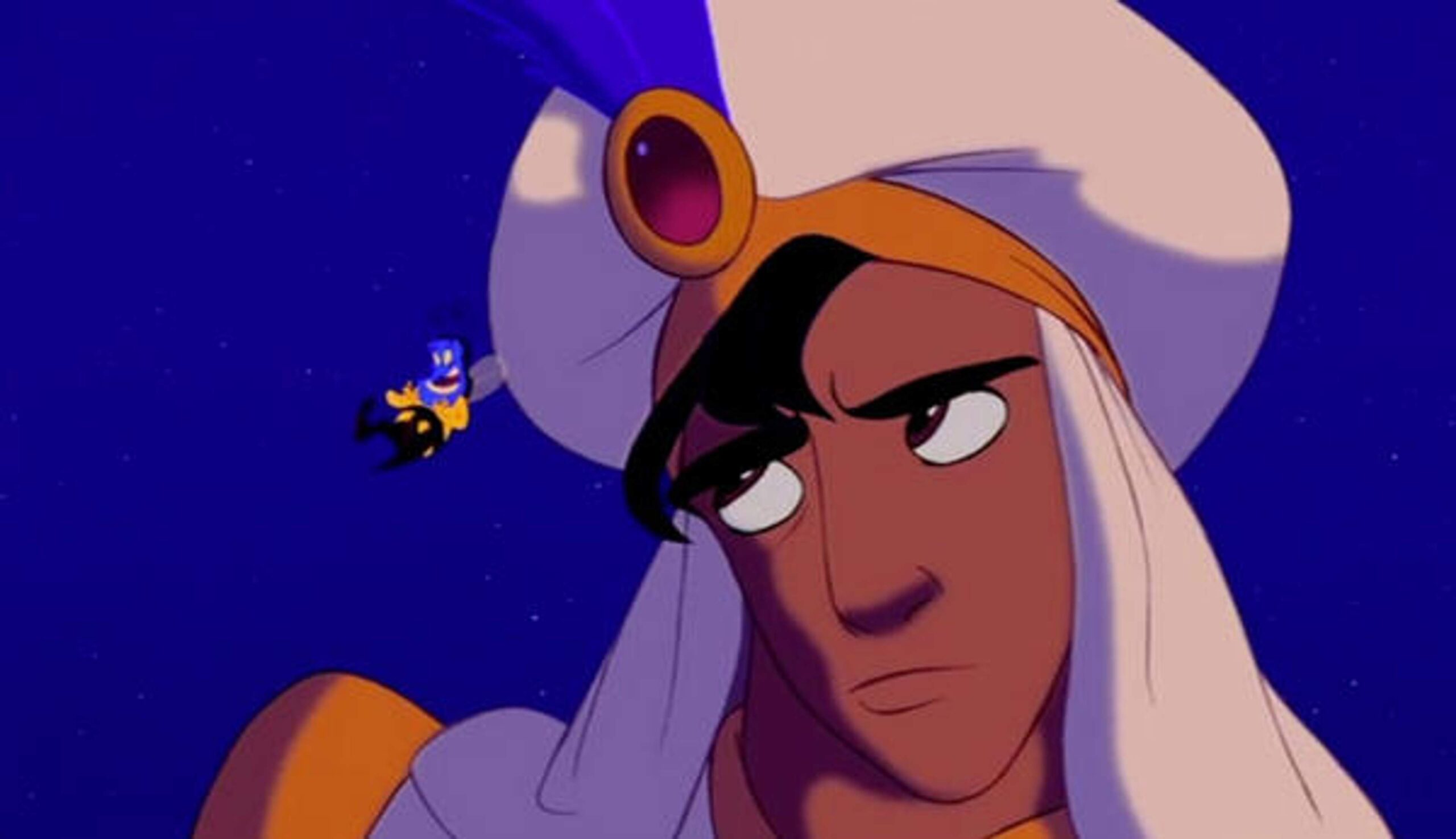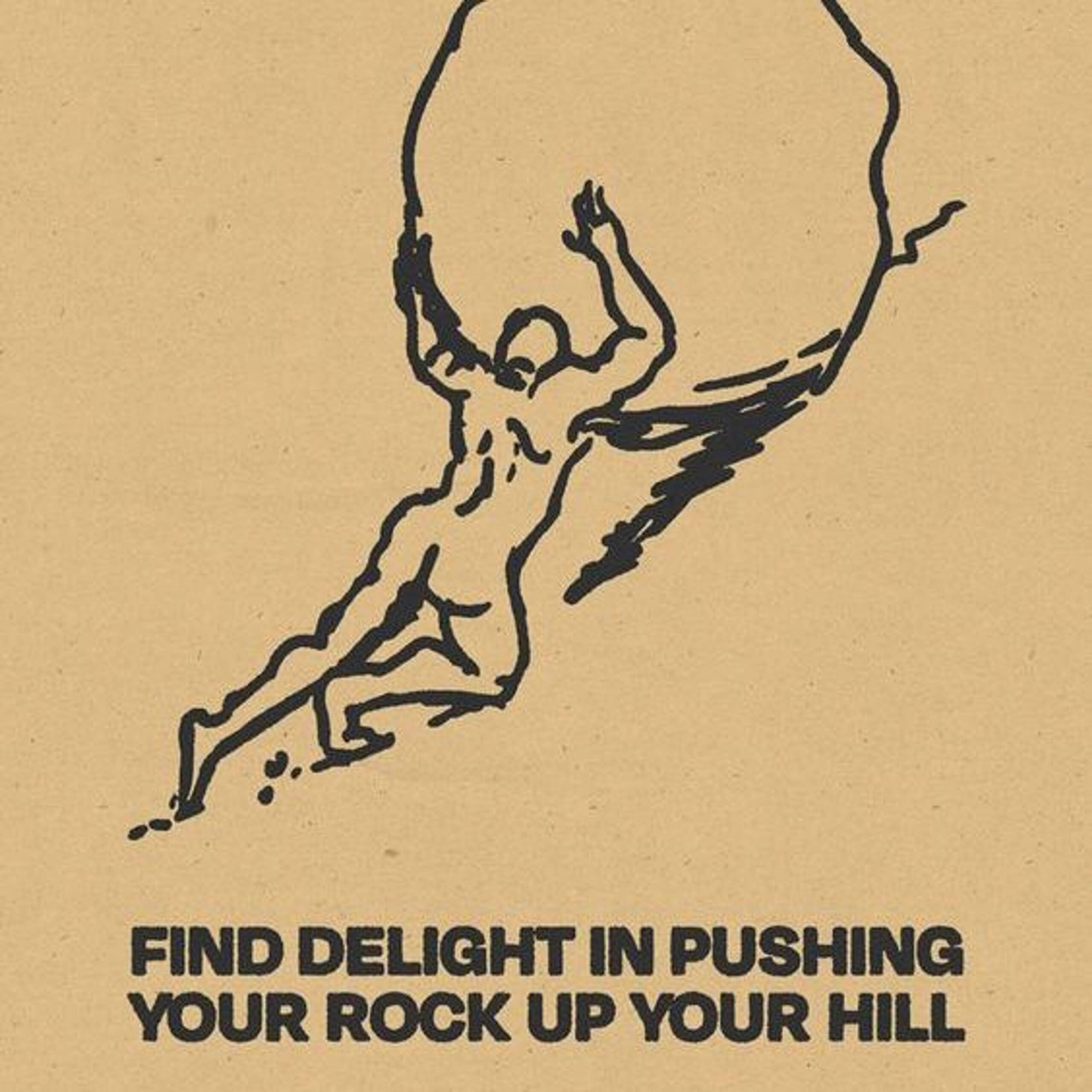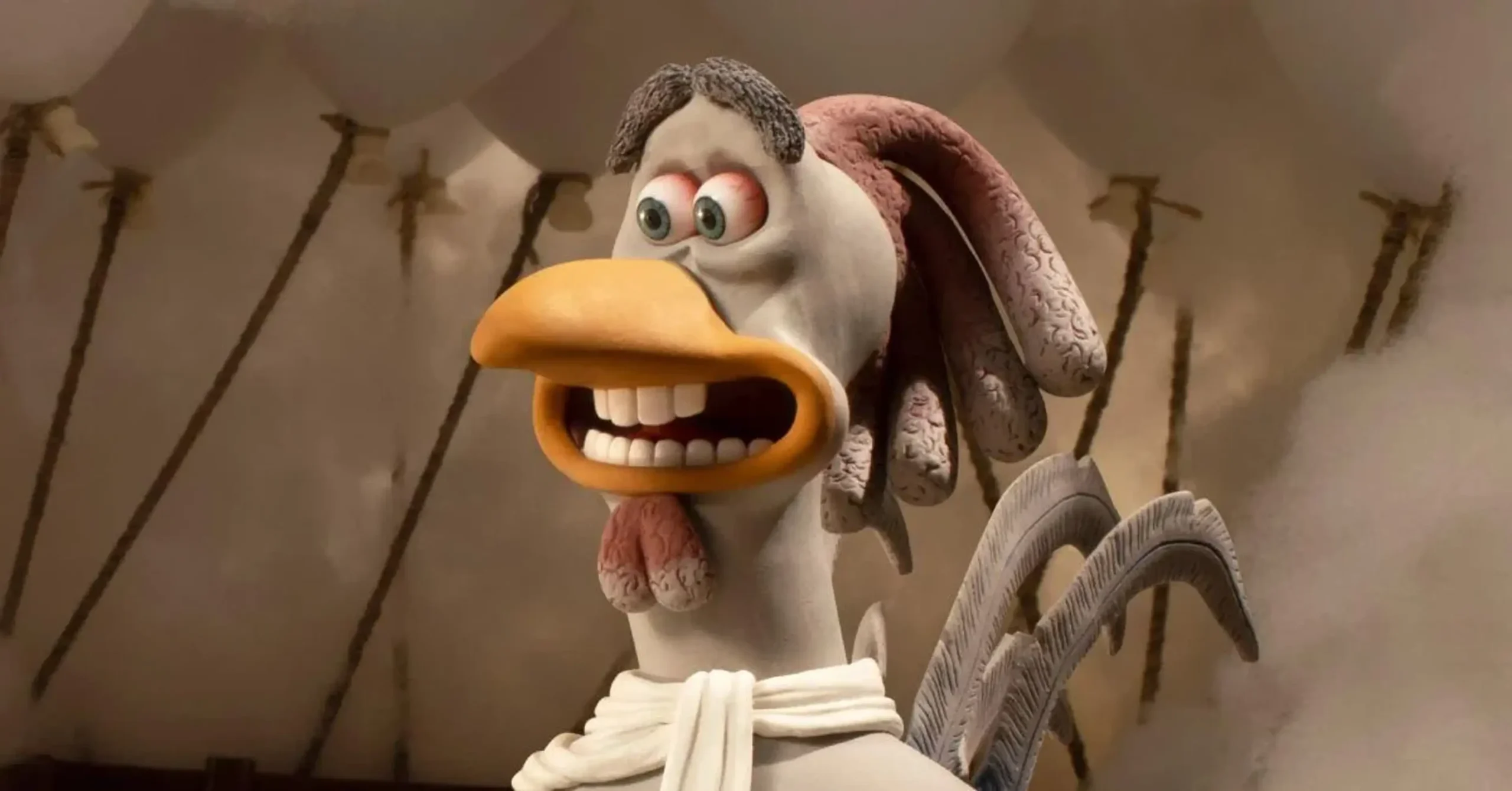Has anyone seen the new Chicken Run movie? If you haven’t, don’t bother—it’s not worth it.
The original Chicken Run was a masterpiece of thematic storytelling, blending the charm of claymation with the tension of a prisoner-of-war film. It explored surprisingly complex themes for a children’s movie: freedom, rebellion, and ingenuity in the face of oppression. It had heart, wit, and a bold narrative voice that resonated with audiences young and old.
Then came Chicken Run 2.
Instead of building on the rich thematic groundwork of its predecessor, the sequel feels hollow. It trades substance for spectacle, originality for nostalgia, and depth for shallow callbacks. The throwback lines and half-hearted jokes serve only to remind us how much better the original was. The themes of freedom and resilience, which should have felt timeless, are clumsily rehashed, devoid of any new perspective or urgency.
This isn’t just about Chicken Run. It’s about a broader shift in Hollywood. The film industry, once driven by bold storytelling, has fallen into a pattern of recycling its own success. Take the Star Wars sequels or the latest Marvel installments—big-budget productions packed with flashy effects, nods to the past, and safe, predictable narratives. These films prioritize fan service and box office numbers over innovation and emotional resonance.
The bolder choice for Chicken Run 2 would have been to pit the chickens’ hard-won paradise against a truly unstoppable force, testing their cunning and resolve in a way that felt earned. Instead, we’re left with a contrived plot that feels more like a studio product than a story crafted with care.
This shift from storytelling to spectacle reflects a troubling trend: Hollywood’s growing obsession with playing it safe. Risk-taking, which once defined some of the greatest cinematic achievements, has been replaced by an over-reliance on franchises, reboots, and nostalgia bait.
But here’s the thing—it’s “just a kids’ movie,” right? Well, that’s the excuse, but let’s not forget that Chicken Run itself was “just a kids’ movie” that dared to tell a story with weight and meaning.
Do yourself a favor: watch Chicken Run 2 (if you must), then rewatch the original. It’ll become painfully clear which one was weighed down by too much studio involvement.
Hollywood needs to rediscover its courage. Movies like the original Chicken Run remind us of the power of storytelling when creators are given the freedom to take risks. Here’s hoping the next generation of filmmakers won’t be afraid to follow suit.







